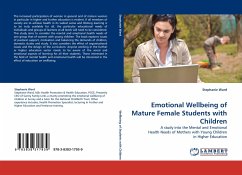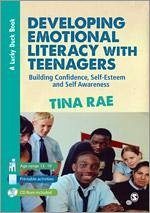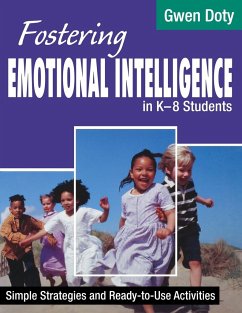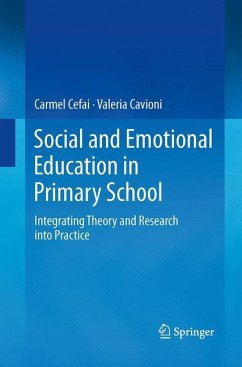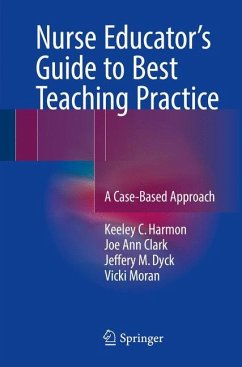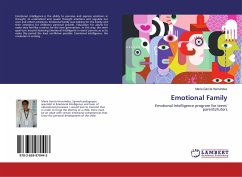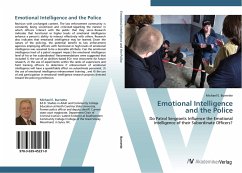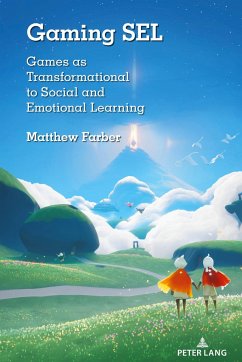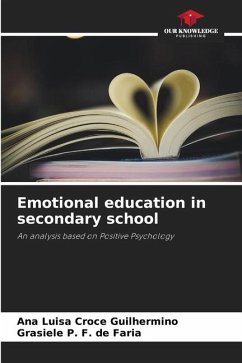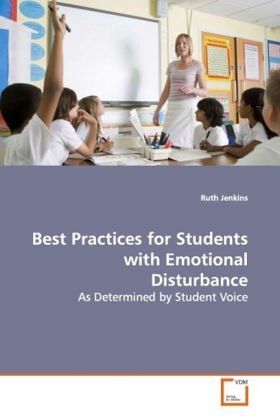
Best Practices for Students with Emotional Disturbance
As Determined by Student Voice
Versandkostenfrei!
Versandfertig in 6-10 Tagen
44,99 €
inkl. MwSt.

PAYBACK Punkte
22 °P sammeln!
Inclusion is an accepted practice in public schools. However, research shows students with emotional disturbance (ED) may face challenges in the inclusion classroom that students with other disabilities may not encounter. Inclusion teachers may be apprehensive including students with ED in their classroom, as behavioral outbursts may disrupt class and interfere with the learning of others. Disciplinary consequences may mean students with ED fall behind academically in the classroom, causing them danger of failing classes and dropping out of school. This study identifies educational practices h...
Inclusion is an accepted practice in public
schools. However, research shows students with
emotional disturbance (ED) may face challenges in
the inclusion classroom that students with other
disabilities may not encounter. Inclusion teachers
may be apprehensive including students with ED in
their classroom, as behavioral outbursts may disrupt
class and interfere with the learning of others.
Disciplinary consequences may mean students with ED
fall behind academically in the classroom, causing
them danger of failing classes and dropping out of
school. This study identifies educational practices
high school students with ED and aggressive behavior
perceive as desirable educational practices in
inclusion classrooms. Through student voice,
participants express their preferences in teachers'
teaching styles and describe positive structuring of
the classroom environment. Students also identify
discipline/classroom management practices that aid
students in keeping calm, focused, and on-task in
school. This study helps educators examine policies
and procedures for students with ED, to determine
best practices in the educational setting.
schools. However, research shows students with
emotional disturbance (ED) may face challenges in
the inclusion classroom that students with other
disabilities may not encounter. Inclusion teachers
may be apprehensive including students with ED in
their classroom, as behavioral outbursts may disrupt
class and interfere with the learning of others.
Disciplinary consequences may mean students with ED
fall behind academically in the classroom, causing
them danger of failing classes and dropping out of
school. This study identifies educational practices
high school students with ED and aggressive behavior
perceive as desirable educational practices in
inclusion classrooms. Through student voice,
participants express their preferences in teachers'
teaching styles and describe positive structuring of
the classroom environment. Students also identify
discipline/classroom management practices that aid
students in keeping calm, focused, and on-task in
school. This study helps educators examine policies
and procedures for students with ED, to determine
best practices in the educational setting.



